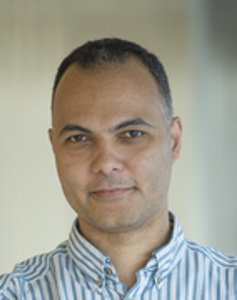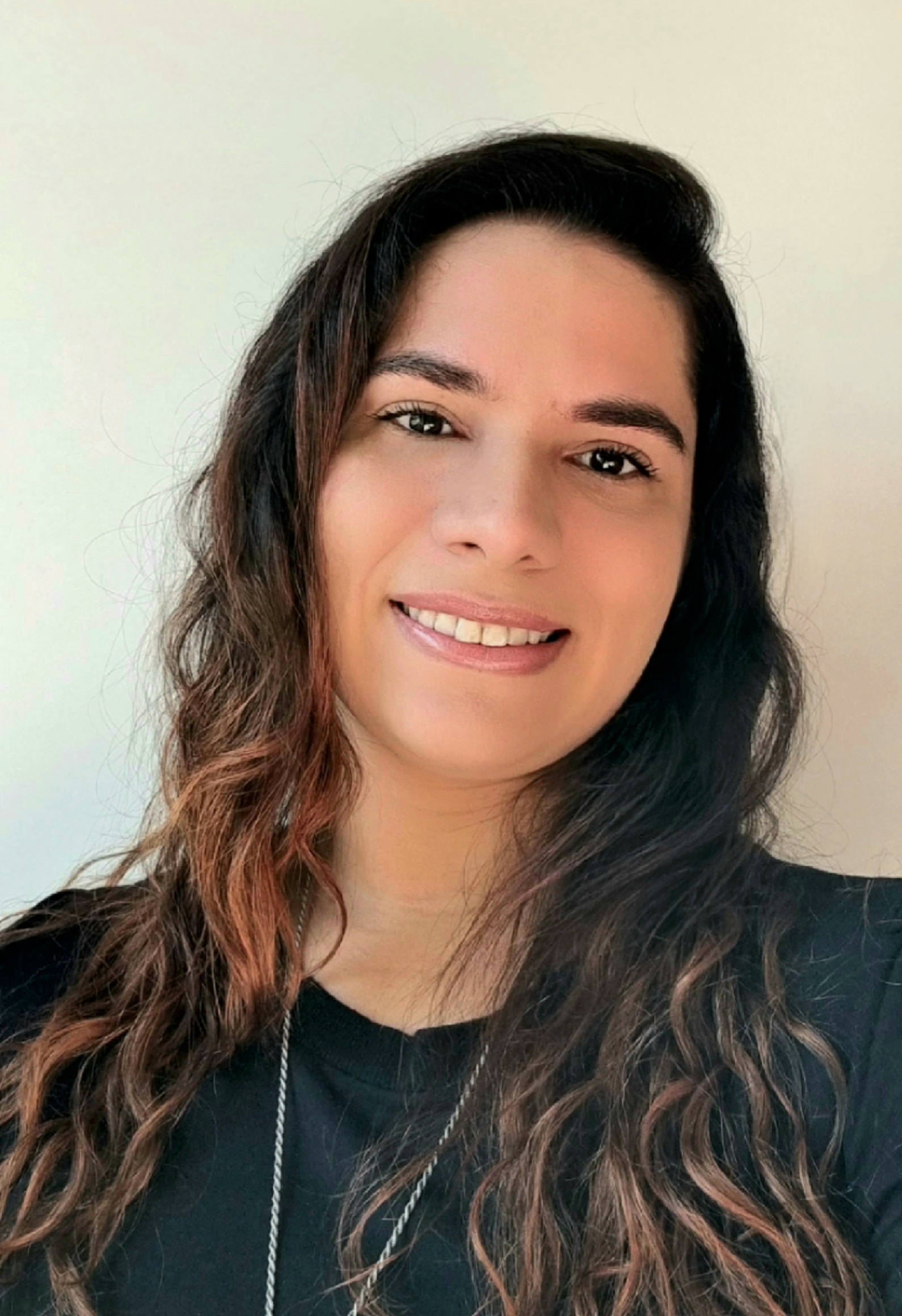The ROC team is hosting talks by Cédric Adjih, Research Scientist at Inria, France, and Dianne Scherly Varela de Medeiros, Professor in the Department of Telecommunications Engineering at Universidade Federal Fluminense (UFF), Brazil.
When: September 23, 2025 from 14h30 to 16h30
Where: Room 35.1.53, 2 Rue Conté
Speaker: Cédric Adjih, Inria, Saclay, France

Title: Applying AI/ML to Modern Random Access and other IoT Problems
Bio: Cedric Adjih in a research scientist in Inria, Saclay, France – in the TRiBE Team. He received his doctoral degree in 2001 from the University of Versailles (France). He graduated from the ECP in 1994. He has been focusing on Internet of Things (IoT), both embedded systems and communications aspects. He is interested in modern methods and architectures of communications including 6G and beyond, AI for Networks and Networks for AI. He is also managing the IoT-LAB site at Inria Saclay: the site is an open experimental platform for the Internet of Things.
Abstract: One of the main difficulties to enable the future scaling of IoT networks is the issue of massive connectivity. Recently, Modern Random Access protocols have emerged as a promising solution to provide massive connections for IoT. One main protocol of this family is Irregular Repetition Slotted Aloha (IRSA), which can asymptotically reach the optimal throughput of 1 packet/slot. Despite this, the problem is not yet solved due to lower throughput in non-asymptotic cases with smaller frame sizes. In this paper, we propose a new variants of IRSA protocol named to optimise the performance of IRSA in short frame IoTs by a deep reinforcement learning (DRL) methods.
Speaker: Dianne Scherly Varela de Medeiros, UFF, Brazil

Title: Advancing Networks for a Resilient and Intelligent Future through Research and Innovation
Bio: Dianne Scherly Varela de Medeiros has been a Professor of the Department of Telecommunications Engineering at Universidade Federal Fluminense (UFF) since 2018. She holds a PhD degree in Electrical Engineering from Universidade Federal do Rio de Janeiro (COPPE/UFRJ), obtained in 2017. She participated in a doctoral exchange program with a scholarship from CNPq in 2016 at the Laboratoire d’Informatique de Paris 6 (LIP6) at Sorbonne University Campus Pierre et Marie Curie, in Paris. Dianne received her master’s degree (2013) and bachelor’s degree (2011) in Telecommunications Engineering from UFF. She currently holds a CNPq Level 2 Research Productivity Grant and a FAPERJ Young Scientist of Our State Grant. She has coordinated research projects funded by national and regional funding agencies, such as, CAPES, CNPq, FAPERJ, RNP, and Niterói’s City Hall. Her publications and main research interests cover the areas of wireless networks, mobile networks, complex networks, next-generation networks, Internet of Things, and smart cities.
Abstract: The evolution toward next-generation networks requires innovative solutions to address increasing complexity, heterogeneity, and stringent demands for scalability, security, and sustainability. Advances in programmable infrastructures and artificial intelligence enable automation, traffic prediction, and adaptive resource management, while privacy-preserving and energy-efficient techniques ensure trustworthy and environmentally conscious operation. At the same time, emerging architectures must seamlessly support critical domains such as healthcare, intelligent transportation, immersive applications, and environmental monitoring. This presentation explores how research and innovation in intent-driven networking, blockchain-enabled systems, and drone-assisted connectivity converge to build intelligent, resilient, and future-ready communication networks for the 5G and beyond era, by delving into ongoing and completed projects that address some of the current challenges.

